Editorial Ta Nea: Maintaining composure in Greek-Turkish relations
The characteristics of the current phase in Greek-Turkish relations is hardly unfamiliar to Greece, as it is part of a diachronic blame game.
The smiles at the casual meeting between Prime Minister Kyriakos Mitsotakis and Turkish President Recep Tayyip Erdogan in Istanbul in March have quickly vanished.
The talks, as it turned out, were simply an interlude in tense Greek-Turkish relations.
Mr. Mitsotakis’ trip to Washington triggered hostile outbursts against him from Ankara, which is attempting to exploit current challenges to its benefit.
Turkey is waiting for Athens to make a misstep and to respond in kind to the attacks of Erdogan and of Turkish officials.
The characteristics of the current phase in Greek-Turkish relations is hardly unfamiliar to Greece, as it is part of a diachronic blame game.
Nevertheless, it is necessary for Greece to continue to respond with composure to Turkish provocations.
The history of bilateral relations has demonstrated that this is the only way to maintain balances between the two countries.
Moreover, this time around the Greek side has an advantage that it did not have in the past. Its Western allies recognise that Erdogan has crossed the line, and some of them say so publicly.
It would be useful, therefore, for Athens to continue to avoid the hidden traps on its path and above all to eschew pointless, shrill rhetoric.
Keeping calm may not produce immediate benefits in terms of communications, yet it is effective in the long term.
Moreover, Erdogan’s neo-Ottoman expansionism and the way he views Turkey’s position in the Eastern Mediterranean is now working in Greece’s favour and bolsters Athens’ steadfast positions.
- Συναγερμός για μεγάλη πυρκαγιά σε εργοστάσιο στις Αχαρνές
- Γροιλανδία: ΕΕ και Βρετανία δεσμεύονται για την κυριαρχία της Δανίας, λέει η Ούρσουλα φον ντερ Λάιεν
- Στα «ΝΕΑ» της Δευτέρας: Ελαφρύτερα εκκαθαριστικά
- Δεκατρία σιδηροδρομικά δυστυχήματα με νεκρούς στην Ισπανία από τις αρχές του αιώνα
- Συρία: Ο επικεφαλής των κουρδικών δυνάμεων επιβεβαιώνει τη συμφωνία εκεχειρίας που ανακοίνωσε ο αλ Σάρα
- Η Γερμανία ζητά απάντηση από την ΕΕ στους νέους δασμούς του Τραμπ και θέτει θέμα για την εμπορική συμφωνία
- Ιαπωνία: Η μεγαλύτερη εταιρεία σάλτσας σόγιας αποκτά …γεύση για deals
- Αερομεταφορές: Η κούρσα για την επόμενη γενιά κινητήρων τζετ
Ακολουθήστε το in.gr στο Google News και μάθετε πρώτοι όλες τις ειδήσεις

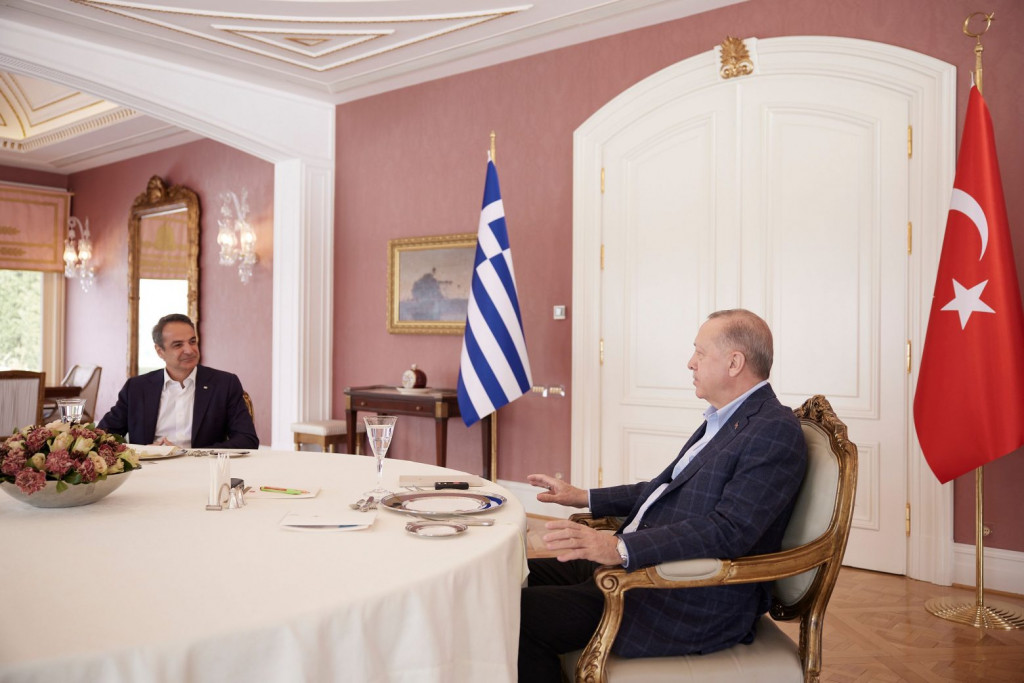






![Άκρως Ζωδιακό: Τα Do’s και Don’ts στα ζώδια σήμερα [Δευτέρα 19.01.2026]](https://www.in.gr/wp-content/uploads/2026/01/lucas-marconnet-Kls_Hq8p-xI-unsplash-315x220.jpg)
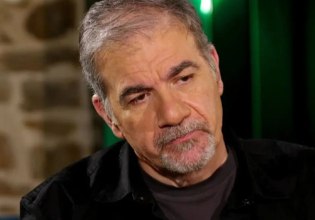






















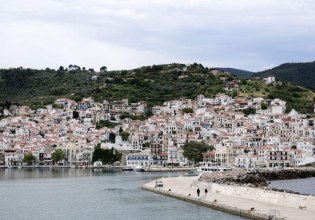




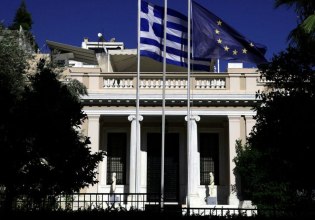































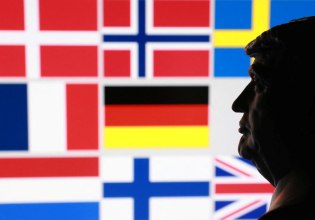













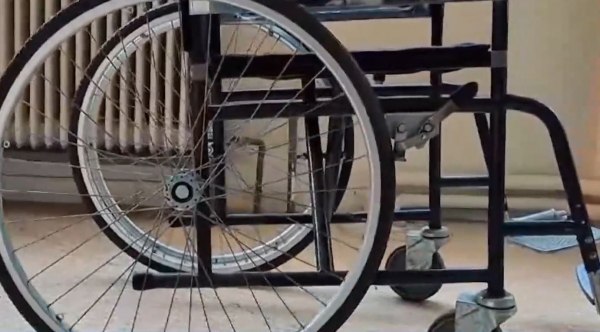
 Αριθμός Πιστοποίησης Μ.Η.Τ.232442
Αριθμός Πιστοποίησης Μ.Η.Τ.232442